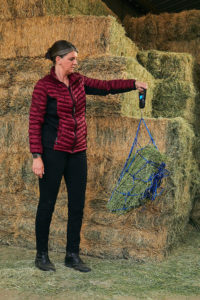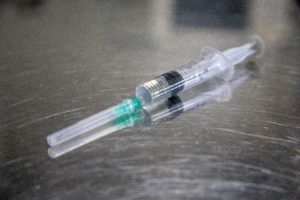Its that time of year again when we start thinking and discussing new year’s resolutions, but have you ever thought about creating them for your horse? Do you have a habit of not sticking to them for long?
Establishing resolutions you stick to may be easier than you think and with some attention to detail you can set yourself achievable goals for 2022.
Goals make us feel more in control and enable us to have a direction to start towards however knowing how to “start” is often where we get stuck. The best place to start is to be precise and make them achievable. If they are too large or vague the brain doesn’t focus fully, and they get ignored. Making them very precise and small allows each step to be given full attention.
For example, rather than saying “I would like to improve my horse’s overall health” rather list things you can do to reach this goal such as “I commit to having my horse’s teeth done once a year”.
These past few years have been stressful and incredibly limiting for many, so don’t put too much pressure on yourself to achieve your goal all in two months. Spread out your goals throughout the year, which will help you stick to them without feeling over whelmed.
It’s often too tempting to continue doing the same old things with our horses but take time to stop pause and reflect. Look at your horse in different situations, watch his behavior for clues on how you can make changes to enhance their environment.
Here our 5 suggestions for steps towards better health for your horse
The average horse should have at least 1.5% of body weight in forage per day on a dry matter basis. Dry matter is the weight of the forage minus its water content. Generally, the dry matter content of hay would be around 90%. However, an analysis would give you a better indication of this.
As an example, a 1100lb horse needing 1.5% of body weight in forage per day would need:
1100lb x 0.015 (1.5%) = 16.5lb
16.5lb / 0.9 (90% or exact water content) = 18.3lbs of hay per day.

Following a generalized program for vaccination doesn’t always work, as different areas can be affected by different concerns and/or at different times of the year. Discuss the options that are best for you with your vet.
Fecal egg counts are not there to just assess how many worms your horse has as interestingly enough there is not a significant statistical correlation between egg counts and worm burdens. More importantly they tell us the type of worms that may be prevalent. Drug resistance is becoming a widespread issue and so identifying the types of worms your horse has allows you to select a de-wormer that will be effective, without wasting time and money on a broad-spectrum product that may not be useful. Drug efficacy can be highly individual to the horse and yard and so counts allow us to see what is working and what’s not. It should be noted that to fully assess efficacy a reduction test (a follow up test 10-14days post treatment) is always needed. Egg counts also allow you to access which horses in your herd need de worming for example often 20% of the herd will shed 80% of the worms, meaning that only 20% need deworming, and that 20% may change from test to test and so fecal egg counts really allow you to tailor your de worming program based on your needs.

It takes a great deal of humility to be confident enough to admit to yourself that “I will never know everything”. Every experience with horses (good or bad) is a chance to learn and grow. Acknowledging these moments is key in furthering your knowledge. Attend webinars, lectures and listen to podcasts and talks where you can also ask questions relevant to your management practices to gain the most from these sessions. Many equine professionals are offering amazing online courses and classes. Consider signing up for a remote lesson or to take a course on an equine topic that interests you.
During our many consults it’s common to see diets that are not fully balanced, usually because owners are not feeding the recommend amount, supplements are being fed that are not needed or the opposite, that the wrong feed and supplements are being fed. All of this leads to money and time being wasted.
If we look at a customer example on costing, it’s clear that spending money once saves money in the long run.
-Customer paid $250 for a consultation (our lowest consultation is $130)
-Customer was spending $464.41 per month on supplements before consult.
-After consulting it was concluded that the client would only need to spend $351.96 per month
-Savings $1350 per year 😊
We wish each and everyone of you a happy, healthy 2022.